The death of Quincy Jones, at the considerable age of ninety-one, represents not just the passing of a great American musical icon, but the departure of a truly remarkable man from the stage. The winner of an astounding twenty-eight Grammy awards, he excelled in so many different areas of music — from record production and film soundtrack composition to big band jazz and multi-instrumental playing — that it would not have been particularly surprising to discover that he had written operas or symphonies on his days off. That he accomplished endless feats over his seventy-five-year career, which included playing with everyone from Billie Holiday and Elvis to Frank Sinatra and Michael Jackson, was almost taken for granted in his lifetime, but now that he has quit us, it is only appropriate to acknowledge just what an astonishing figure Jones really was.
There is an irony in his highest-profile achievement being as a producer, rather than a performer or composer in his own right, and that his work on Michael Jackson’s Thriller, Off The Wall and Bad turned Jackson into the most successful pop star that there had ever been. Even after all the endless (and often justified) controversy that involved Jackson, Jones’s peerless work on these multi-million selling albums, including steering Jackson to the most lucrative record of all time, in the form of Thriller, will deservedly be remembered as long as albums are bought. It made Jones an extremely rich man, and gave him the luxury of only pursuing projects that he wished to take on for the remainder of his life and career: these included everything from a self-parodying cameo in Austin Powers in Goldmember as himself to recording the score for Spielberg’s film The Color Purple.
Jones was always a much-sought-after interviewee, especially towards the end of his life, because of his penchant for giving no-holds-barred, no-bullshit quotes that delighted journalists and terrified publicists. During the course of one riotous conversation with Vulture in 2018, for instance, he called the Beatles “the worst musicians in the world… no-playing motherfuckers,” casually revealed that Marlon Brando had had affairs with James Baldwin, Richard Pryor and Marvin Gaye (“he’d fuck a mailbox”) and discussed his attempts to throw Cyndi Lauper off his 1985 charity single “We Are The World” (“she was fucking up every take because her necklace or bracelet was rattling in the microphone”). It was bracing, and heartening, to read Jones on anyone or anything, because of the happy knowledge that he did not, in his parlance, give a fuck, unlike many of those whom he associated with.
His cool-as-a-cucumber film scores from the Sixties, including his work on such pictures as The Italian Job and In Cold Blood (for which he was nominated for an Oscar) remain beloved by everyone from hip-hop stars looking for a sample to serious connoisseurs of stone-cold class. He was beloved by virtually everyone he worked with, and although his romantic and personal life was predictably chaotic (seven children by five women), he was, at least, straightforward and unapologetic about his antics. One of the reasons for this blasé attitude may have been a near-death experience in 1974, when he developed a brain aneurysm and attended his own memorial service, accompanied by a concerned neurologist.
He survived that, and went on to delight and occasionally shock the world for a further half-century, proving that you can’t equal the kind of class that Jones so effortlessly exuded in the increasingly corporate music industry. His like will not be seen again, regrettably.



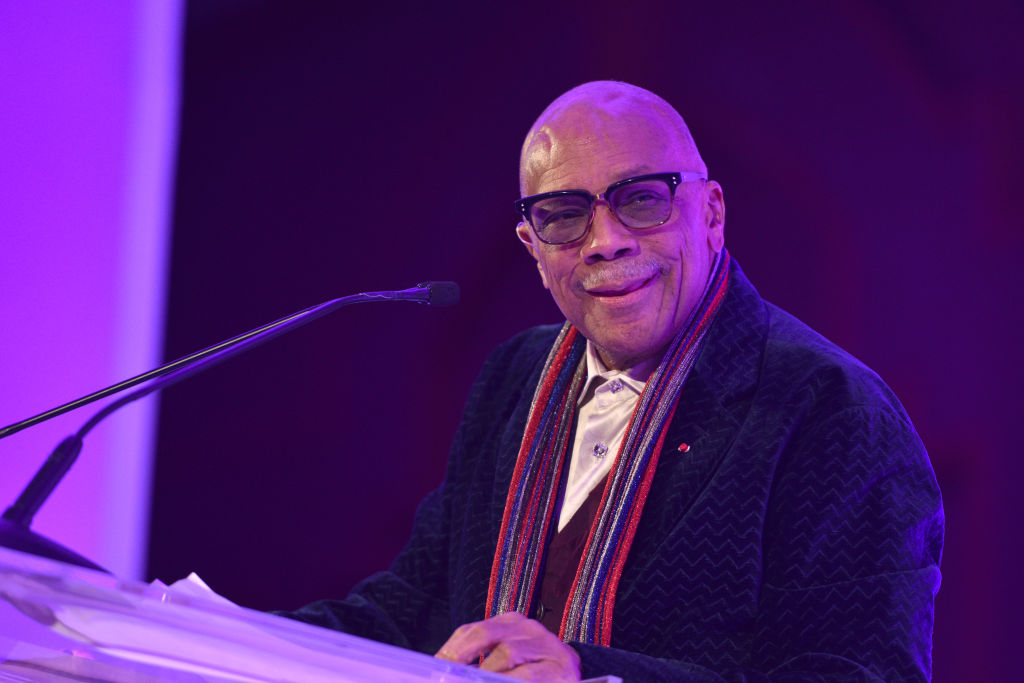






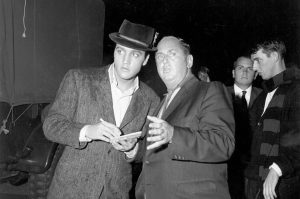

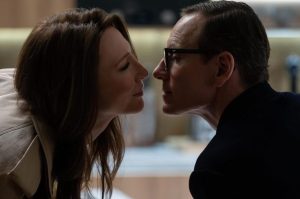
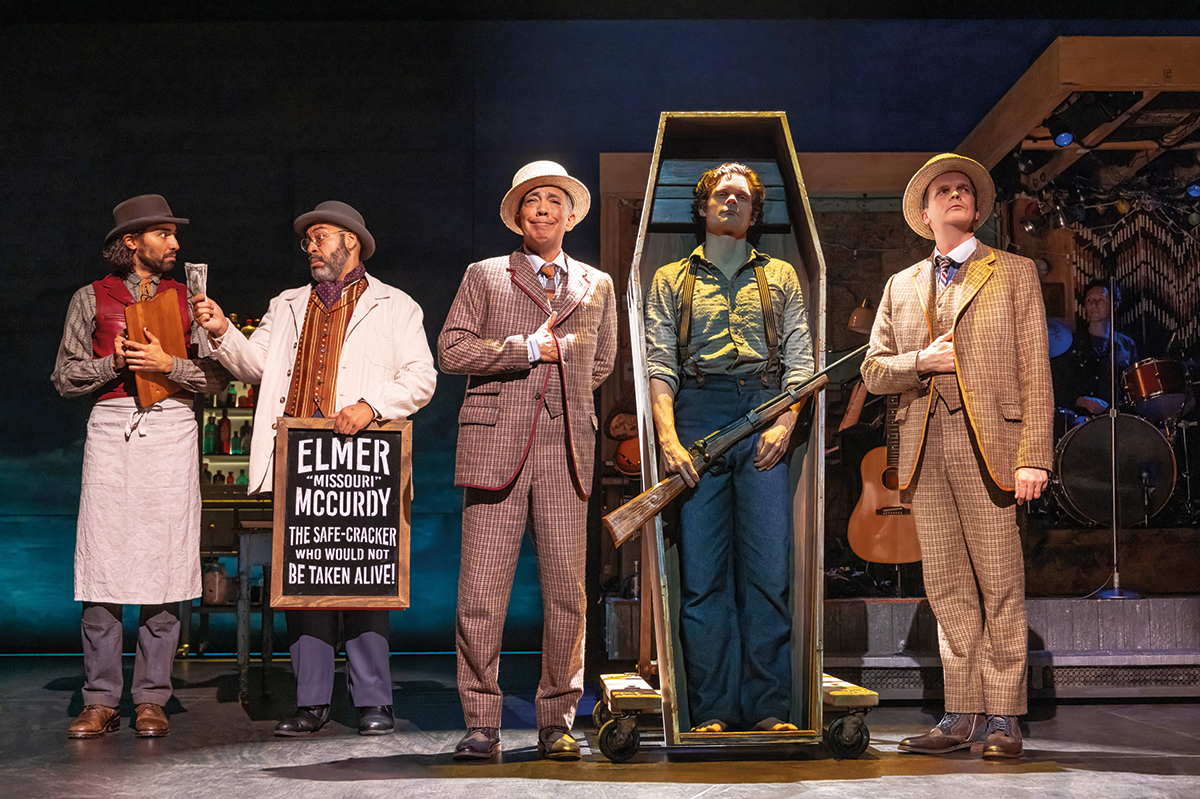
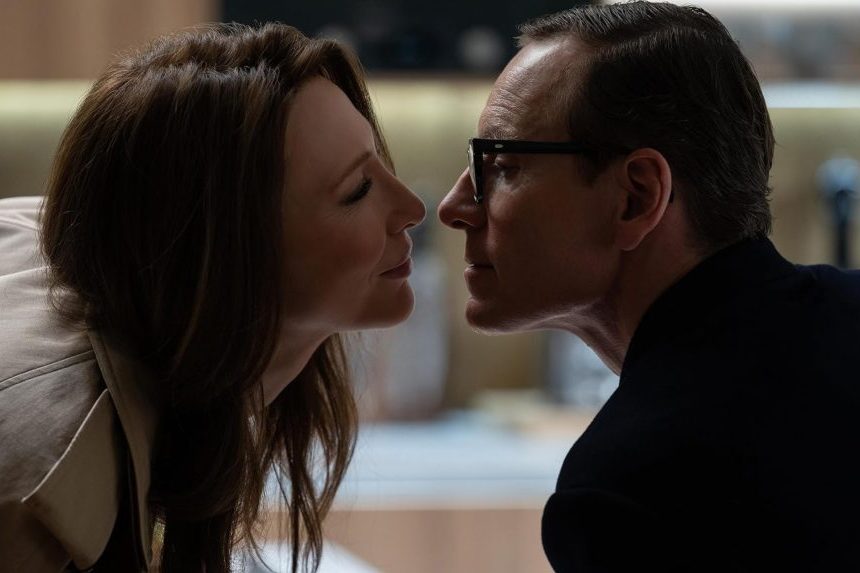

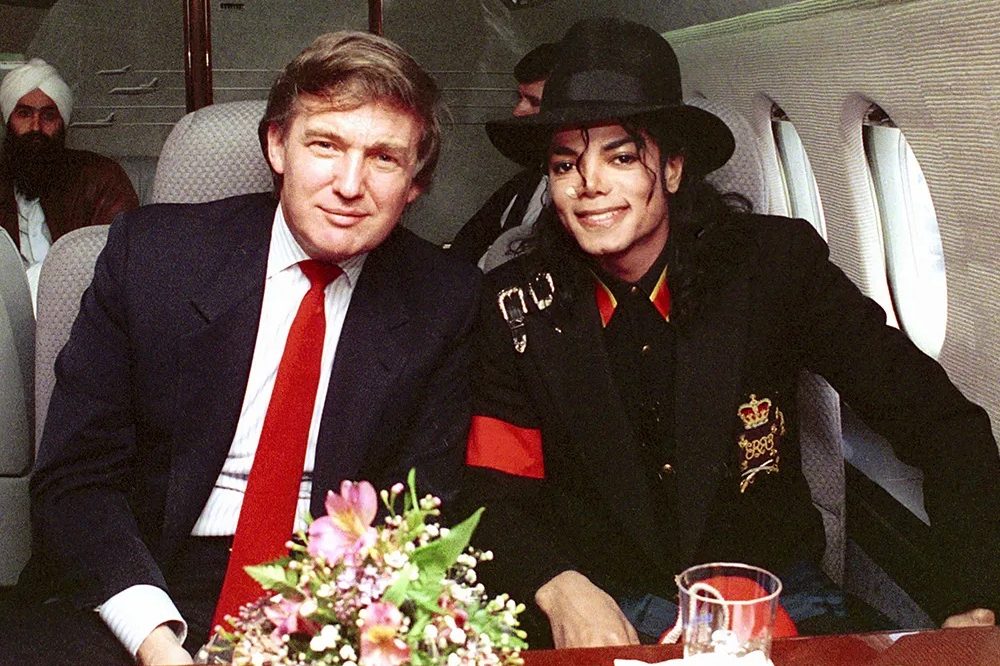

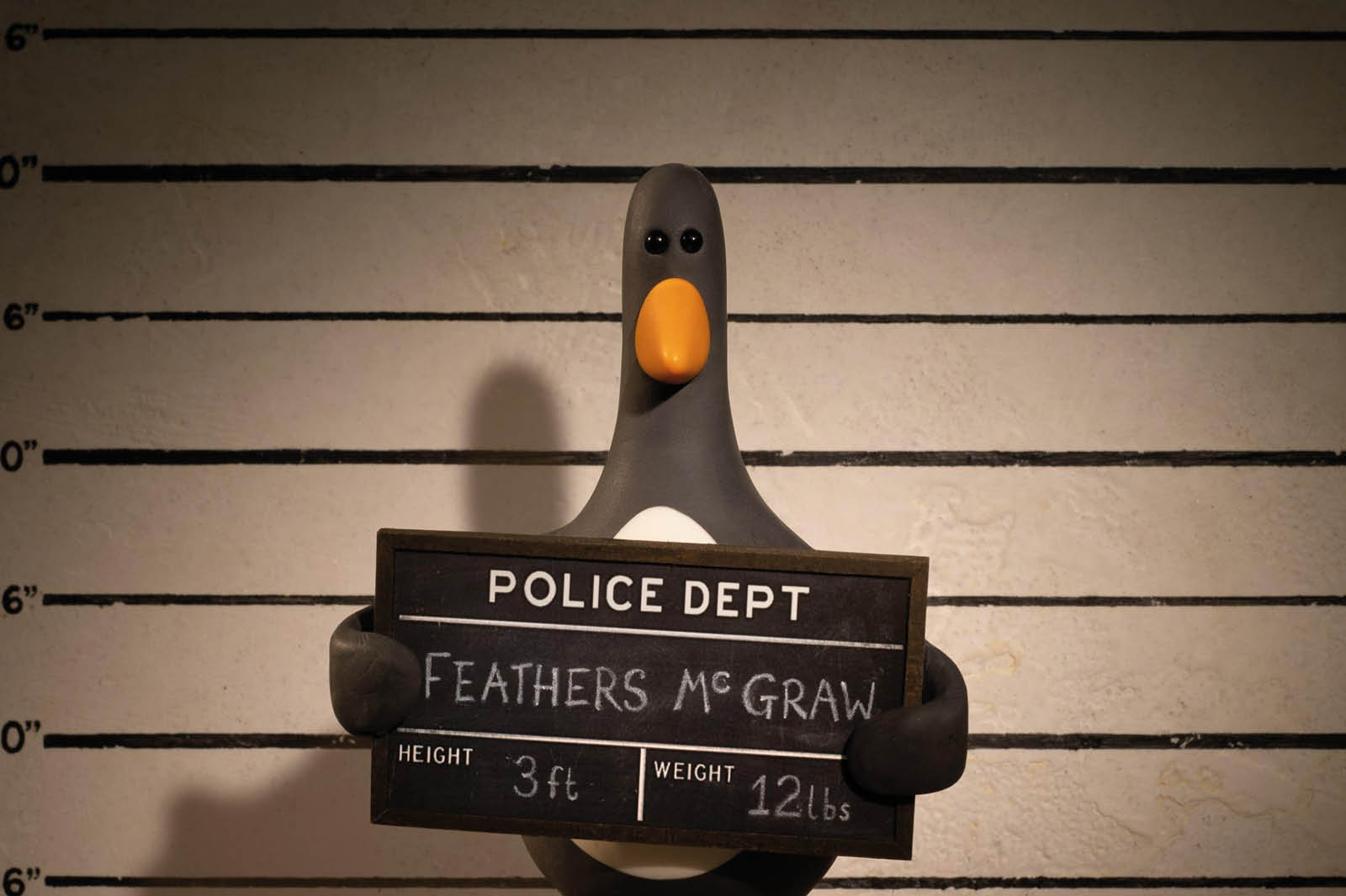







Leave a Reply